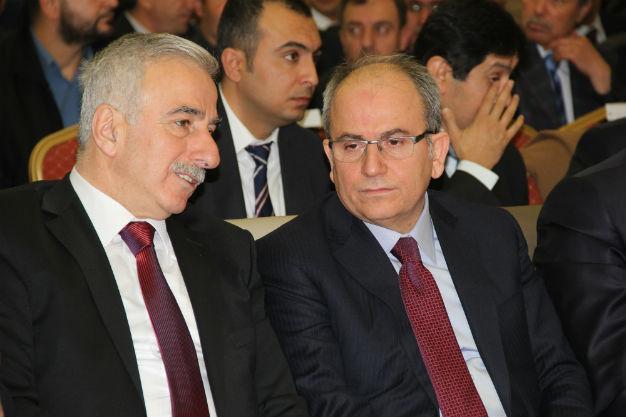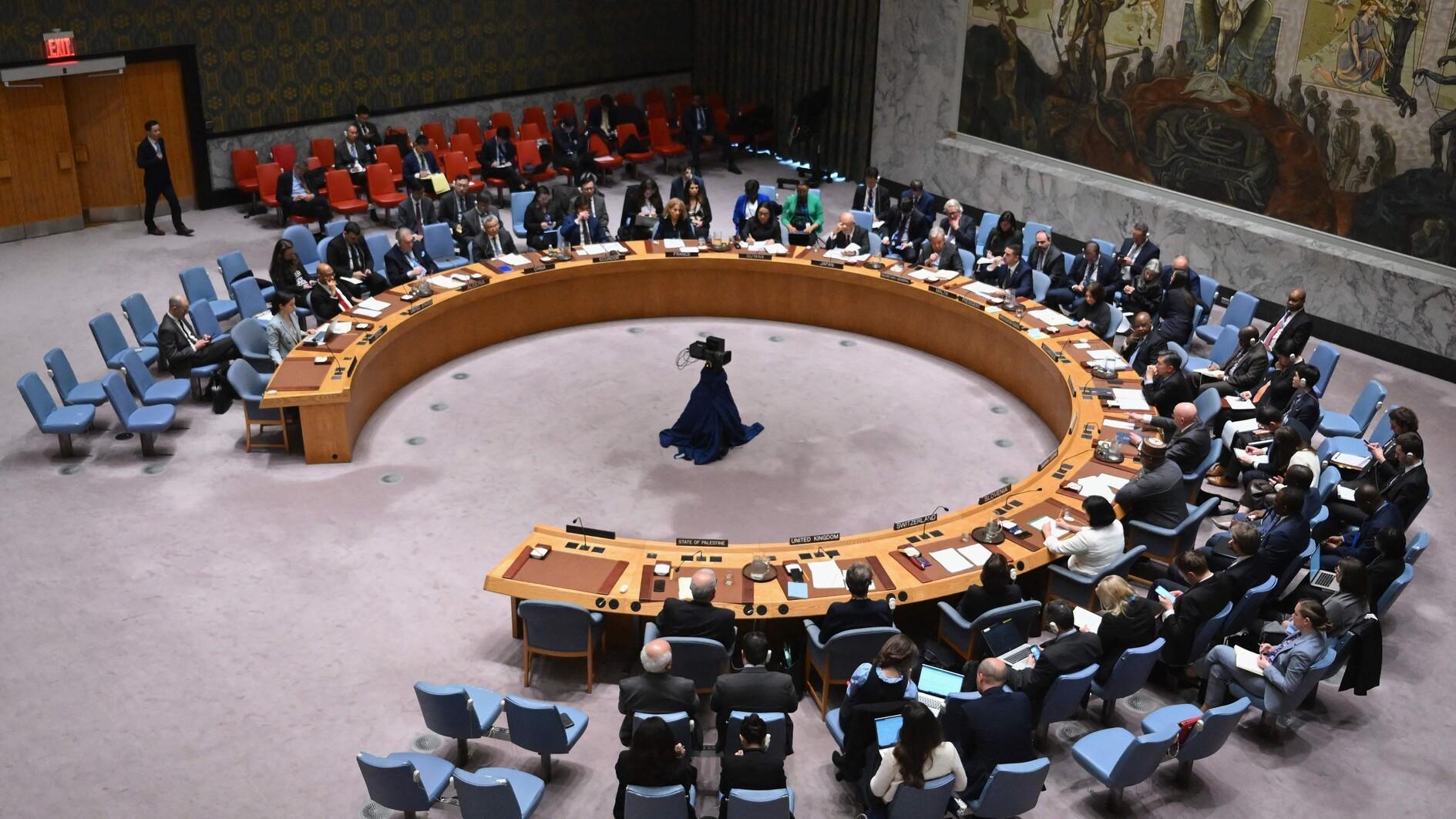Gülenists exploited judiciary for own goals: Top jurists
MALATYA

AA photo
The “Fethullahist Terror Organization (FETÖ)/Parallel State Structure (PDY),” an alleged organization led by U.S.-based Islamic scholar Fethullah Gülen, exploited the judiciary and state institutions to achieve their own goals, a top Turkish judicial official has argued.Halil Koç, the president of the 1st Chamber of the Supreme Council of Judges and Prosecutors (HSYK), accused the FETÖ/PDY of creating a crisis in confidence through its attempt to use its power in the state and the judiciary for certain goals between 2007 and 2014, Koç said in an interview with the state-run Anadolu Agency on Dec. 21.
“Of course, we also attach importance to judicial independence, but we also care about the element of impartiality, which is as important as independence. We witnessed what an independent judiciary can be turned into when it is in the hands of people who lose their impartiality,” Koç said, underlining that their institution favored the principle of separation of powers in Turkey.
“We have seen that the organization used the power of the state and the judiciary in line with its own goals. This was a very dangerous fact and phenomenon,” Koç said, referring to the purported illegal organization which President Recep Tayyip Erdoğan and the ruling Justice and Development Party (AKP) government have described as the “FETÖ/PDY” as well as the courts prosecuting the organization.
“Therefore, this was something which could never be accepted. No state can accept a different group within itself becoming involved in some activities against itself by using its own power,” he said.
Operations targeting the purported illegal organization led by Gülen, the ally-turned-nemesis of both Erdoğan and the AKP, have continued unabated since a parliamentary election won convincingly on Nov. 1 by the AKP.
Gülen was formerly an ally of Erdoğan and was believed to have wielded considerable influence in the judiciary and the civil service.
Erdoğan turned against the cleric and his followers, accusing them of forming a “parallel state” after police and prosecutors seen as sympathetic to Gülen opened a corruption investigation into Erdoğan’s inner circle in 2013.
Gülen has lived in self-imposed exile in the United States since 1999 and is the subject of arrest warrants in Turkey. A prosecutor is seeking a prison sentence of up to 34 years for Gülen on allegations that he sought to topple Erdoğan. Gülen denies the allegation.
In its progress report on Turkey for the year 2015 which was released in November, the European Commission said: “The Turkish judicial system, which had significantly improved between 2007 and 2013 in terms of independence, efficiency, and the protection of human rights and fundamental freedoms, has seen respect for the principle of separation of powers seriously undermined. Judges and prosecutors have been under strong political pressure.”
















